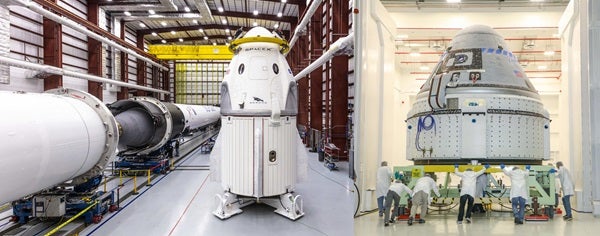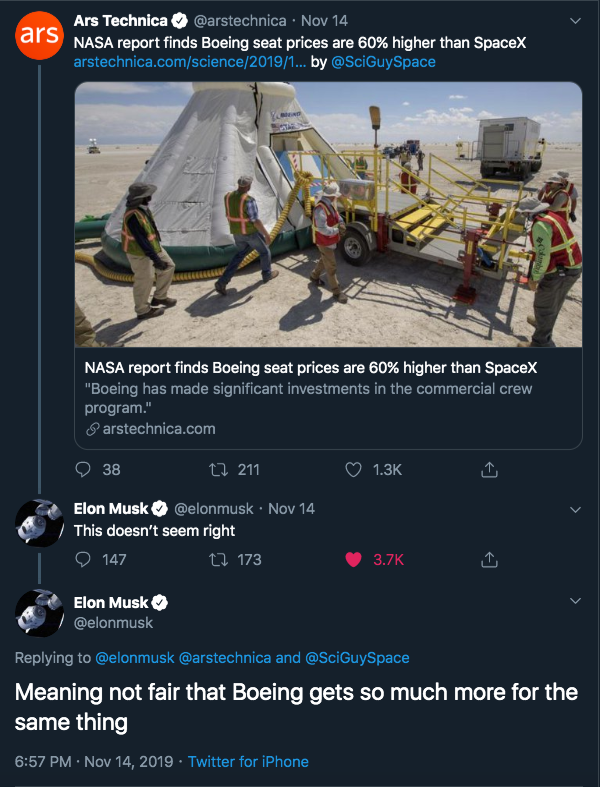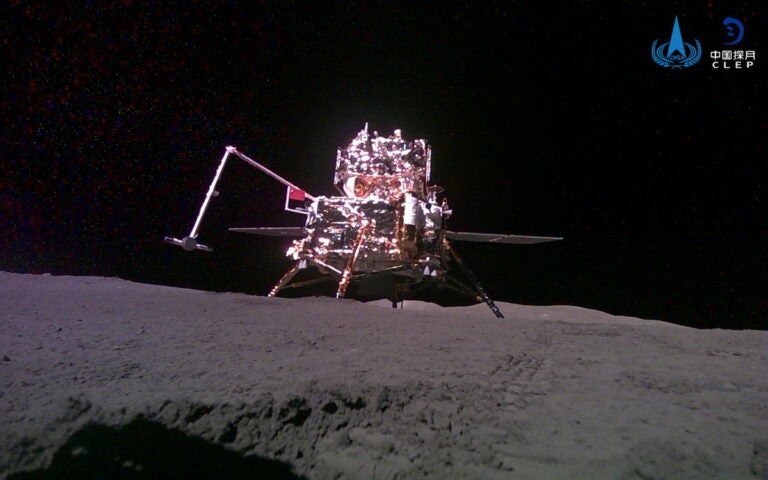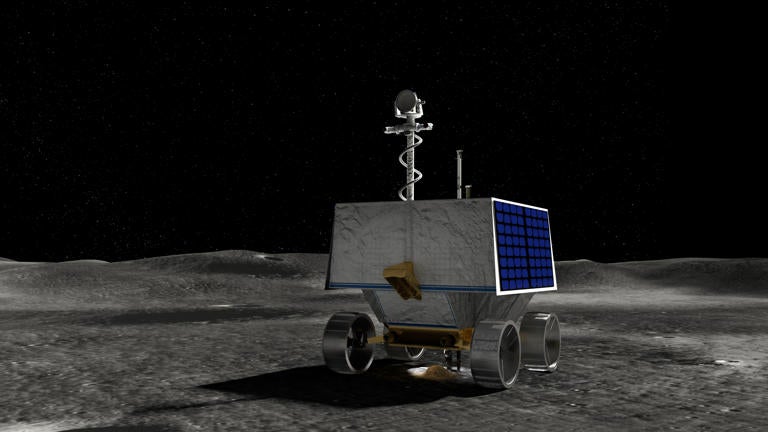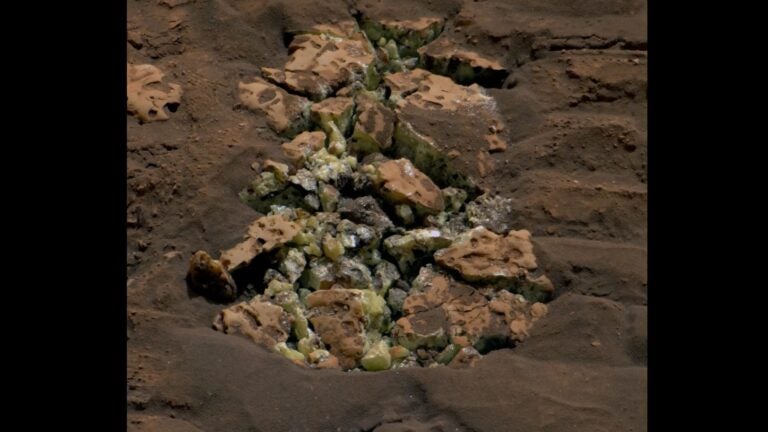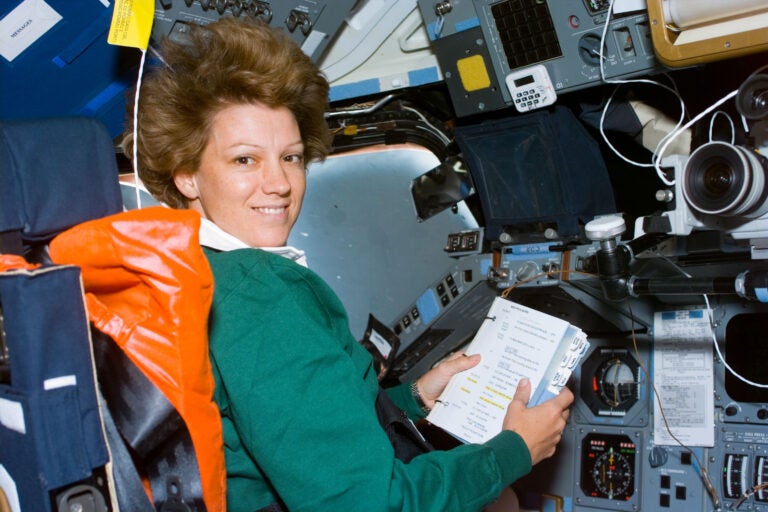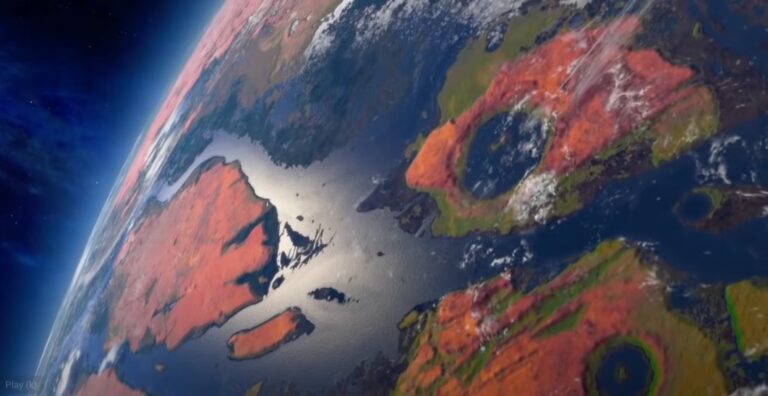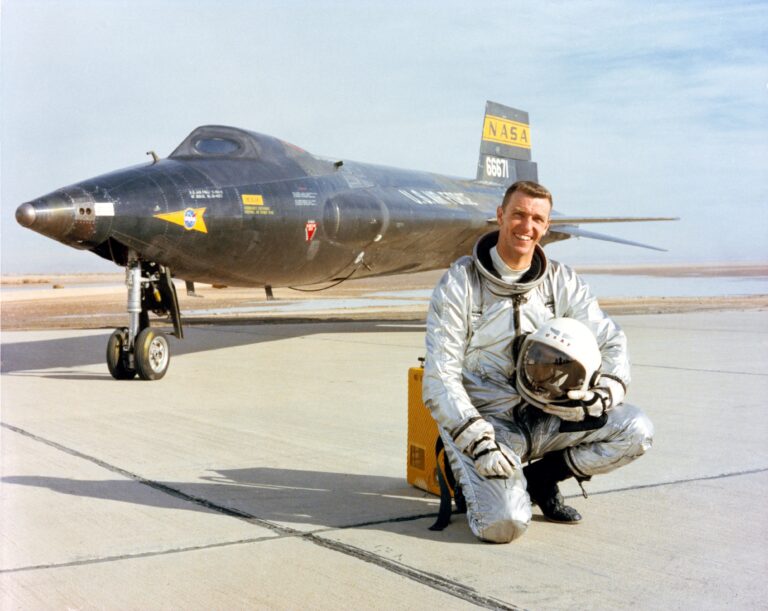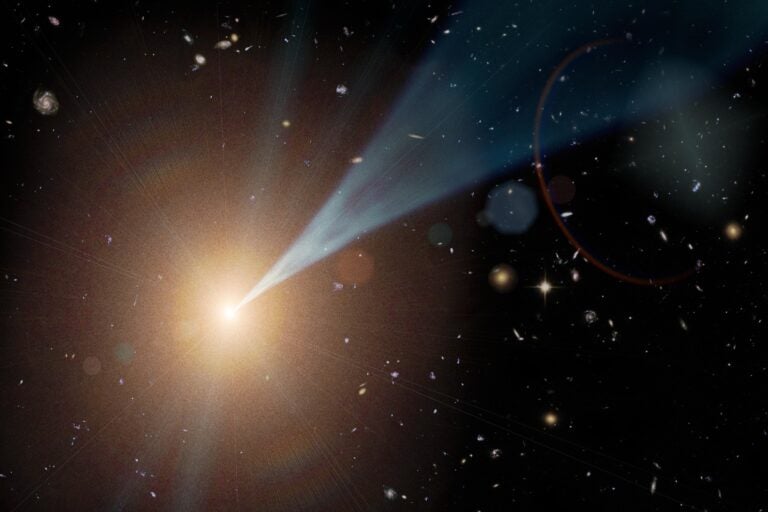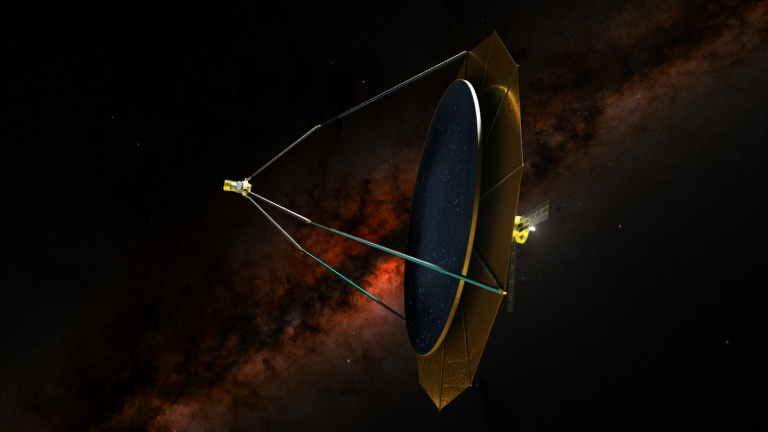NASA may be sending fewer astronauts to the International Space Station (ISS) beginning in April because of the delays in spacecraft from Boeing and SpaceX, according to a new report from the NASA Office of the Inspector General.
The report, released on November 14, found that because of the delays from Boeing and SpaceX, along with a reduced schedule for the Russian Soyuz rockets, operations on the ISS may be affected.
With a smaller crew on the station, research and development of future space missions would be pushed back until a commercial partner has a certified rocket and capsule, ready to bring a fresh crew of astronauts to the ISS.
Billions to the Commercial Crew Program
With the end of NASA’s space shuttle program in 2011, American astronauts, along with their international partners in the U.S. On-Orbit Segment (USOS) — the Canadian Space Agency, European Space Agency and Japan Aerospace and Exploration Agency — were left to hitch a ride on Soyuz rockets.
Instead of working with private aerospace companies to purchase and take control of its rockets, NASA looked at how it could use the private aerospace industry in a different way. In 2015, NASA signed contracts with Boeing and SpaceX for the Commercial Crew Program (CCP), hiring them to design, build and control transportation vessels to get USOS astronauts to the ISS.
Boeing has created and will launch its Starliner capsule on top of a United Launch Alliance Atlas V rocket, and SpaceX has its Crew Dragon capsule, launched by their Falcon 9 rocket.
As part of the CCP, Boeing and SpaceX have contracts with NASA valued at $4.3 billion and $2.5 billion, respectively, but both have yet to pass the certification tests in order to take a crewed mission to the ISS.
According to the report released by NASA’s inspector general, both aerospace companies are facing a number of technical challenges, along with unrealistic launch dates — all contributing to the years-long delays.
Issues with their parachute landing systems, malfunctioning valves and other unknown technical errors plagued Boeing and SpaceX. Both have been making changes to their capsules and retesting them, which has put both companies a long way away from their original timeline.
Missions to the ISS were supposed to take place in 2019, but NASA now believes the companies won’t even be certified until next summer.
Fewer Soyuz missions
Since 2011, NASA has paid about $4 billion to Roscosmos, the Russian space agency, to carry astronauts to the ISS. As of now, a Russian Soyuz rocket is the only way to get USOS astronauts to the ISS and back home to Earth.
In addition to the CCP delays, a compromised Soyuz flight schedule in 2020 will be a blow to NASA, as it can only send one USOS astronaut to the ISS starting in April 2020. Looking further ahead, in October 2020, all three seats on the Soyuz rocket will be occupied, leaving the USOS astronauts without a ride.
“If commercial flights do not begin operation by October 2020, ISS officials cautioned there are no Soyuz flights available to transport U.S. or partner crew to Station,” according to the report.
If all goes as planned and Boeing or SpaceX are certified and cleared for crewed missions, then the number of seats for the October launch won’t be an issue. If there are more snags on the way to certification, then an extended stay for an USOS astronaut may have to be in the works. Because a longer stay in space may mean going past the six-month mark, longevity in space can affect the astronauts’ health, concerning NASA officials.
Overpaying Boeing
One of the report’s bigger findings: Boeing was paid an additional $287.2 million above its fixed contract price to ensure NASA would have transportation to the ISS in 2019. SpaceX was not offered a similar opportunity.
The extra payment came when NASA tried to make up a 13-month delay after Boeing and the agency couldn’t agree to use the lower fixed price on Boeing’s contract.
The report found that NASA could have saved about $144 million if they waited to pay Boeing closer to the time of the missions.
Before an explosion during a test of an uncrewed Crew Dragon in April 2019, SpaceX had already passed a number of tests and was ahead of Boeing, even completing an uncrewed Crew Dragon to the ISS. SpaceX also had a shorter development time for creating and building Crew Dragon.
The report also found that NASA was paying Boeing about $90 million per seat, and SpaceX only $55 million. Both companies have a similar capsule design, each with five seats, which could be used to transport cargo as well.
Boeing’s response
Boeing responded to the report November 18, contesting much of it.
“We strongly disagree with the report’s conclusions about CST-100 Starliner pricing and readiness, and we owe it to the space community and the American public to share the facts the Inspector General missed,” said Jim Chilton, vice president and general manager of Boeing Space and Launch, in the press release. “Each member of the Boeing team has a personal stake in the safety, quality and integrity of what we offer our customers, and since Day One, the Starliner team has approached this program with a commitment to design, develop and launch a vehicle that we and NASA can be proud of.”
Boeing believes the $90 million per seat NASA estimated for Starliner is inaccurate. According to the press release, Boeing will be flying the equivalent of a fifth passenger as cargo, so the per-seat pricing should have been based off five seats, not four. The company would not release the exact number they’re expecting Starliner to sit at, they stated they are “confident our average seat pricing to NASA is below the figure cited.”
SpaceX hasn’t released an official statement at the time of writing, but SpaceX founder, Elon Musk, tweeted a response to an Ars Technica story about the per-seat price differences between Boeing and SpaceX.

